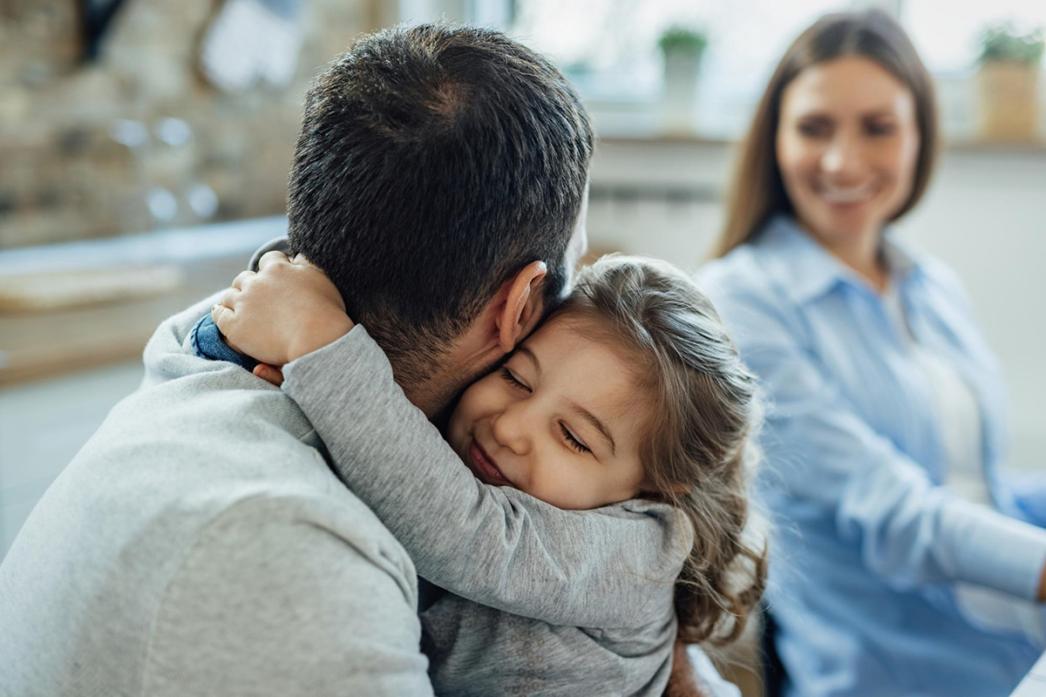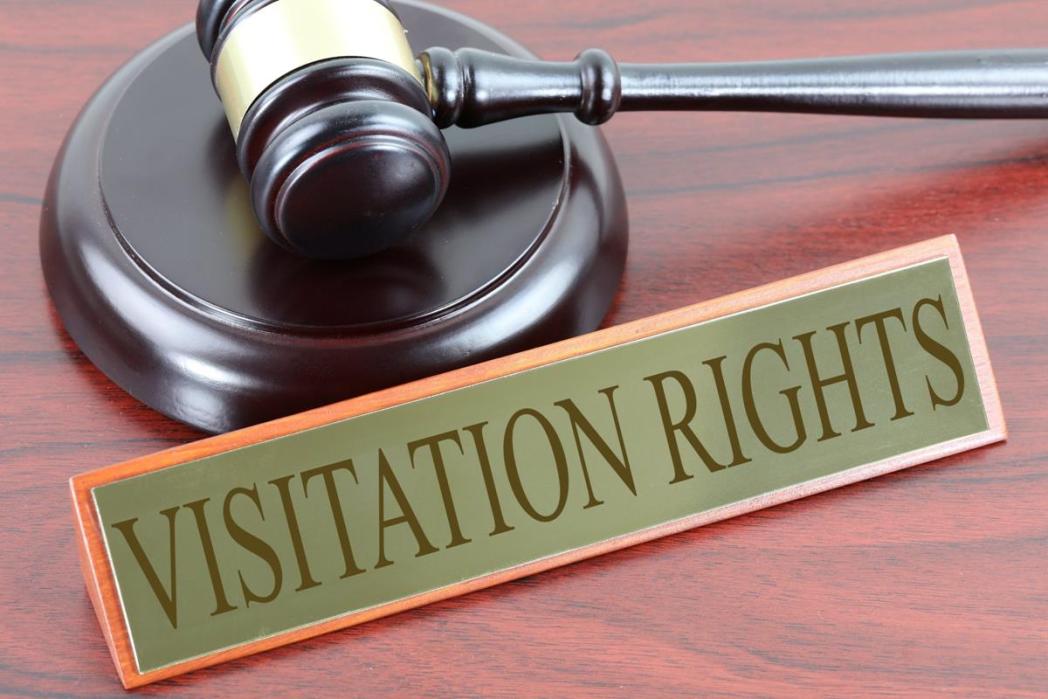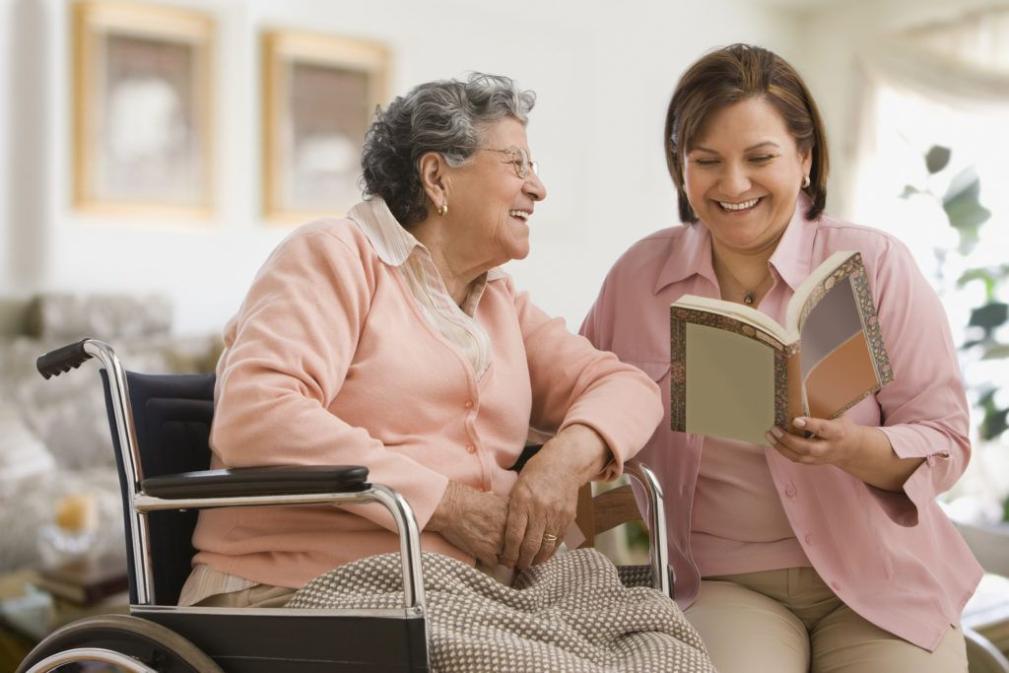What Should I Do if I Am Concerned About My Child's Safety During Visitation?
Every parent's worst nightmare is the thought of their child being in danger. When it comes to visitation, this fear can be particularly heightened, as the child is spending time with the other parent, who may or may not be a safe and responsible caregiver.

If you are concerned about your child's safety during visitation, it is important to take action to protect them. This article will provide guidance on understanding the legal framework surrounding child visitation, recognizing signs of potential danger, taking action to protect the child, communicating with the other parent, involving professionals, and seeking support and guidance.
Understanding The Legal Framework
The legal framework surrounding child visitation varies from state to state, but there are some general principles that apply in most cases. These principles include:
- Both parents have a legal obligation to ensure the child's safety and well-being.
- The court will typically order visitation based on what is in the best interests of the child.
- If there are concerns about the child's safety, the court may order supervised visitation or even deny visitation altogether.
If you have concerns about your child's safety during visitation, it is important to seek legal advice. An attorney can help you understand your rights and options and can represent you in court if necessary.
Recognizing Signs Of Potential Danger

There are a number of potential red flags that may indicate a risk to the child's safety during visitation. These include:
- The other parent has a history of violence or abuse.
- The other parent is using drugs or alcohol.
- The other parent has mental health problems.
- The other parent is living in an unsafe or unstable environment.
- The child has expressed fear or anxiety about visiting the other parent.
- The child has shown signs of physical or emotional abuse, such as bruises, cuts, or withdrawal.
If you notice any of these red flags, it is important to take action to protect your child. This may include talking to the other parent, seeking legal advice, or involving professionals.
Taking Action To Protect The Child

If you have concerns about your child's safety during visitation, there are a number of steps you can take to protect them. These include:
- Document all incidents of abuse or neglect.
- Keep a detailed record of events, including dates, times, and descriptions of what happened.
- Talk to the other parent about your concerns.
- Seek legal advice.
- Request a modification of the visitation order if necessary.
- Involve professionals, such as therapists, social workers, or child protective services.
It is important to take action to protect your child as soon as you have concerns about their safety. The sooner you act, the sooner your child can be safe.
Communicating With The Other Parent
If you have concerns about your child's safety during visitation, it is important to communicate openly and honestly with the other parent. This can be difficult, especially if you have a strained relationship with the other parent. However, it is important to put your child's well-being above your personal differences.
When talking to the other parent, try to stay calm and objective. Avoid making accusations or threats. Instead, focus on expressing your concerns and finding a solution that is in the best interests of the child.
Involving Professionals
In some cases, it may be necessary to involve professionals to address concerns about child safety during visitation. This may include:
- Therapists
- Social workers
- Child protective services
Professionals can help to assess the situation, provide support, and develop a plan to protect the child.
If you are concerned about your child's safety during visitation, it is important to take action to protect them. This may include talking to the other parent, seeking legal advice, involving professionals, and documenting all incidents of abuse or neglect.
Remember, you are your child's best advocate. If you have concerns about their safety, don't hesitate to take action to protect them.
YesNo

Leave a Reply